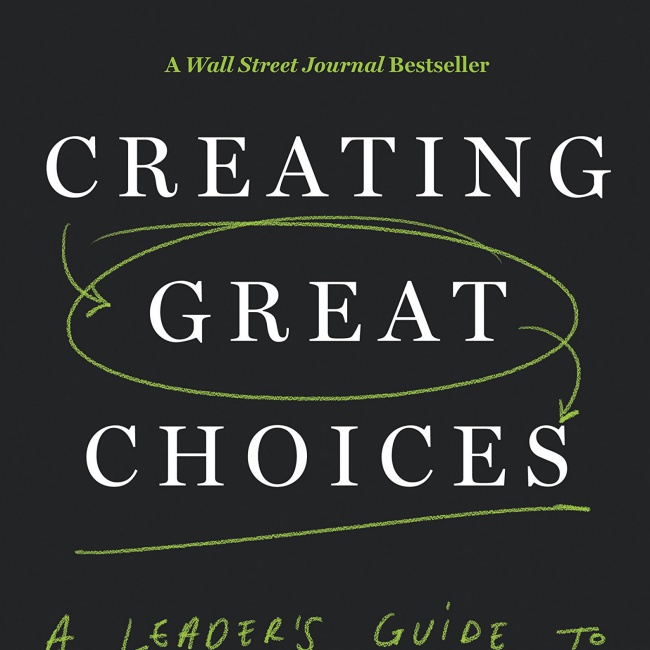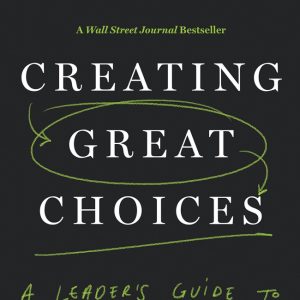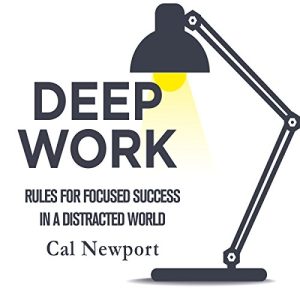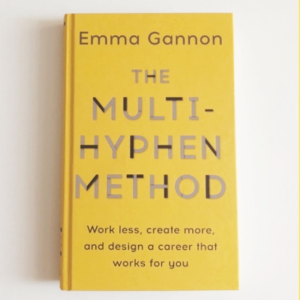
Creating Great Choices: A Leader’s Guide to Integrative Thinking, Jennifer Riel and Roger Martin, Harvard Business Review Press: Boston 2017
Ten years ago, Martin introduced the concept of integrative thinking in The Opposable Thumb and this book, Creating Great Choices, is a further development based on the responses from those who read and implemented the learning from it.
His colleague, Jennifer Riel, is the primary author of this book and as the introduction invites us to engage with meta-cognition, or thinking about one’s thinking, it seems a perfect opportunity for Roger to reflect on his own thinking as articulated by Jennifer. Requiring some distance and perspective, meta-cognition allows for a bigger picture to be seen that permits new approaches some space to grow.
Integrative thinking is the opposite of compromise. Instead of creating an unsatisfactory hybrid, this methodology takes elements of each to create a new and better solution, one that is built on the creative force inherent in each of the two existing models.
Perhaps the most difficult task is that no matter how reprehensible an idea is, in order for integrative thinking to work, one must identify the best elements of each and create a Pro/Pro Chart. Only a truly fresh and unemotionally charged view will do here and when parties are passionate, that indeed can be hard to accomplish.
Most pleasing to me as a sociodramatist is the need to pose a ‘How can we?’ question and frame an enquiry that is inclusive – a classic tenet of sociodrama. Additionally, the methods through which integrative thinking is achieved include storytelling and the book is filled with examples of how this has been successful from multi-national companies like Lego to smaller ventures such as the Toronto International Film Festival.
It is the practical advice offered through these stories that illustrate the methodology, at times powerfully. The charts and templates are less helpful and, in some places, I felt that they were added simply as a way of breaking up the text.
Integrative thinking is not new – it is possibly a description of how the very best ideas are designed and implemented. This book breaks the process into recognisable steps and outlines four pathways towards creating those great choices that bring the best of each model to fruition.
With two projects ahead of me that are incendiary, one in Palestine and one that concerns the Sex Work Debate, I am hoping to experiment with integrative thinking in my practice with a view towards new possibilities.






